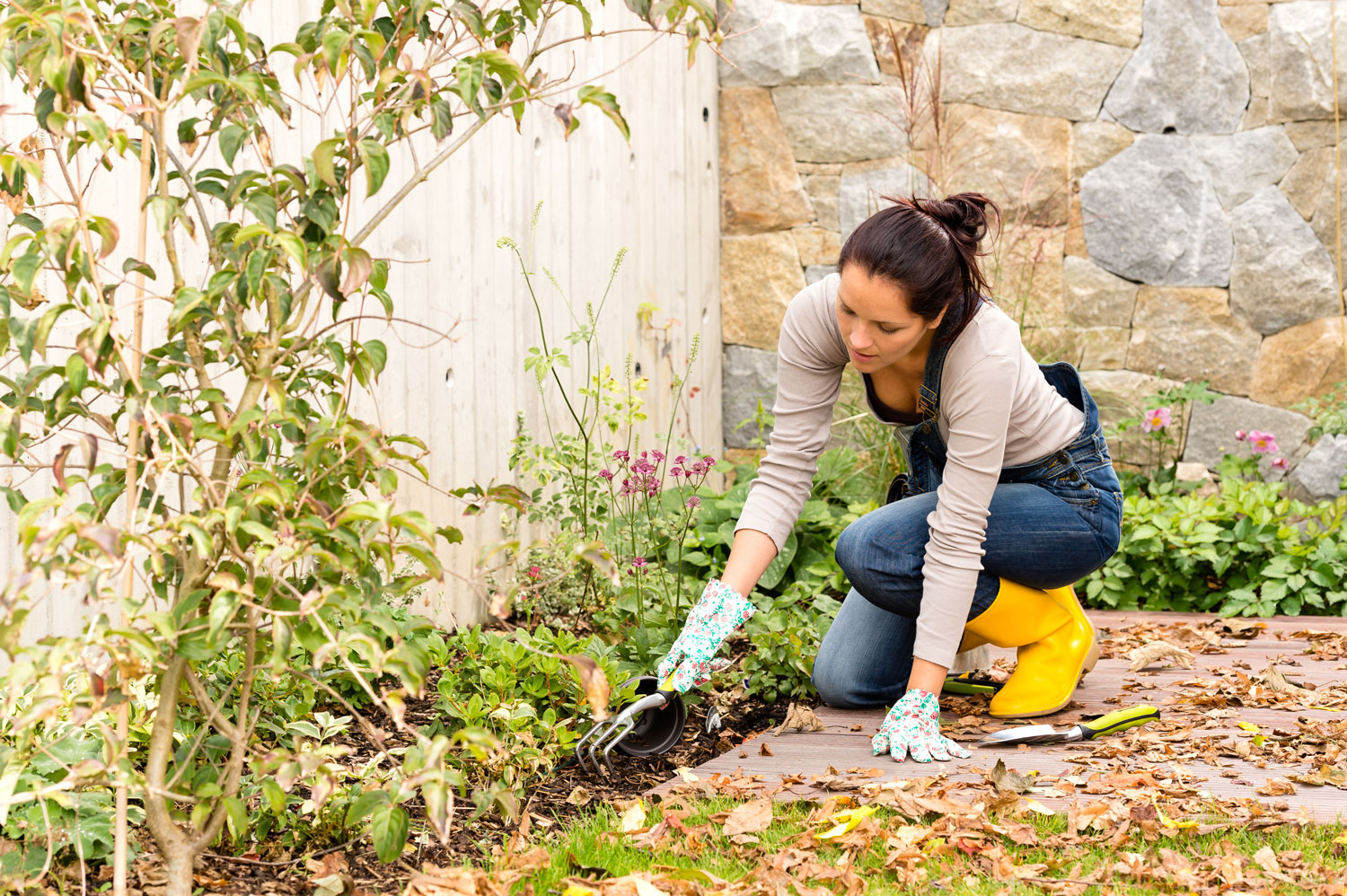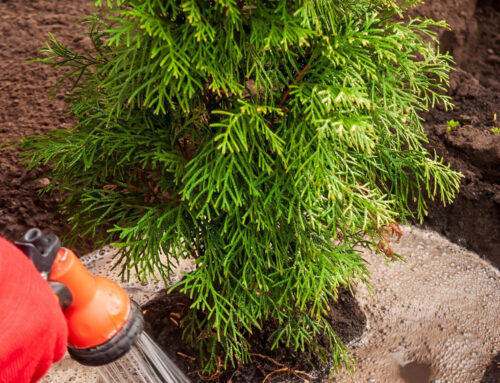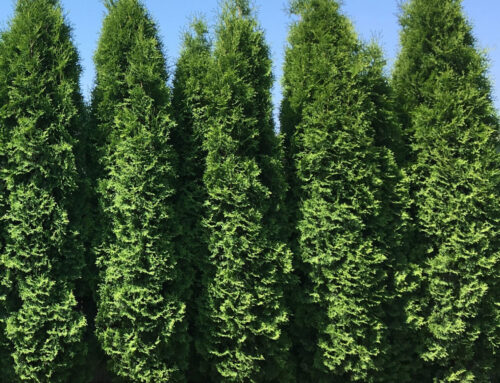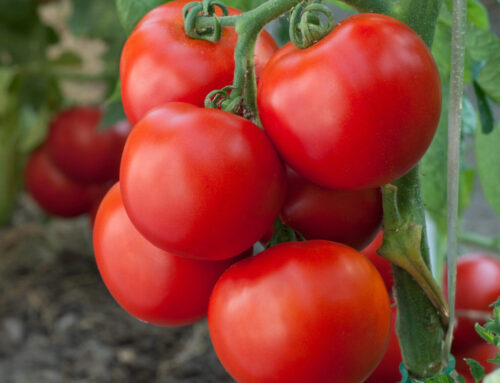Your plants are in need of some tender loving care!
Winter is harsh on plants of all kinds and a little preparation will go a long way in helping them handle the cold weather. Take advantage of this weekend, before the holiday madness, and get your yard ready for the cold!
Here’s some advice on how to prepare your garden for winter…
- Apply Wilt-Pruf to broadleaf evergreens (including schip laurel, cherry laurel, rhododendron, azalea, boxwood) and any newly planted evergreens. Wilt-Pruf guards against moisture loss, winter kill, and windburn.
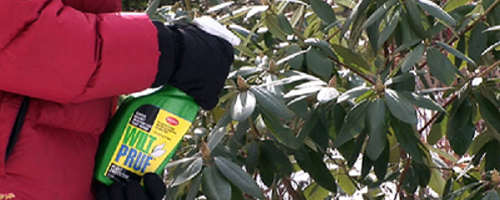
- Water plants throughly at the base! We haven’t had rain in a while and plants need to go into winter adequately hydrated.
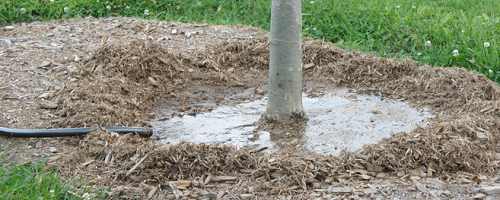
- Cut back perennials that require trimming. Compost dead plant debris to create an organic soil conditioner. Leave stems with attractive seed heads for winter interest.

- Remove diseased or dead foliage from evergreen plants and shrubs and discard it in the trash. Never compost diseased materials!

- Mulch your garden beds and around shrubs & trees. This protects plant roots and moderates the effects of extreme temperature changes.
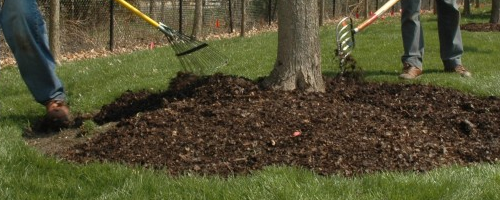
More tips…
- Rake up leaves as soon as possible after they fall. The job will be easier if you gather small amounts frequently, rather than rake a large accumulation all at once. It also prevents matting and lawn damage.
- Apply Fall lawn care products. Such as Scotts “Step 4” fertilizer, and “Love your Lawn-Love your Soil” by Jonathan Green to stimulate soil microbes and creates a biologically healthy soil.
- Prune and protect Rose shrubs
- Clean out birdhouses

